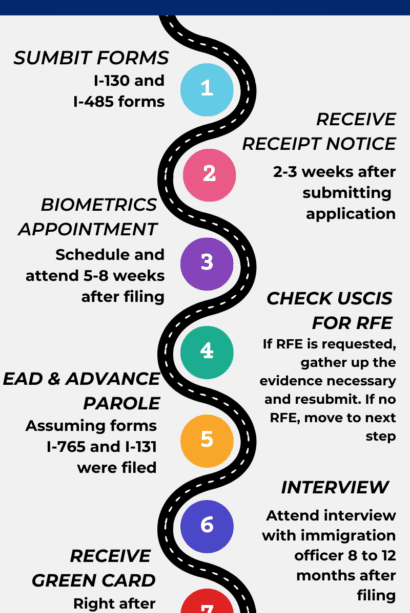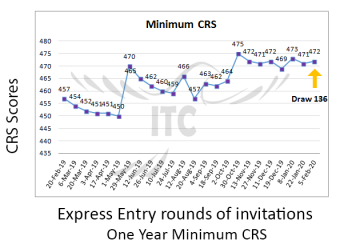The Complex World of Green Card Marriages

Introduction
Green card marriages, also known as marriage-based immigration, have recently garnered significant attention due to their complex nature and implications for both individuals and immigration law in Canada and the U.S. As visa regulations tighten and applicants seek legal residency, understanding the nuances of these marriages is crucial for potential couples and immigration advocates alike.
The Concept of Green Card Marriages
Green card marriages refer to unions where one partner, who is a U.S. citizen or lawful permanent resident, marries a foreign national to facilitate their immigration process. According to U.S. Citizenship and Immigration Services (USCIS), these marriages must be bona fide, meaning they are authentic relationships and not solely for the purpose of obtaining a green card.
Statistics indicate an ongoing rise in green card marriage applications, particularly amidst increasing scrutiny surrounding immigration processes. A 2023 report from the USCIS highlighted that approximately 40% of marriage-based green card applications were flagged for further review due to concerns about potential fraud, prompting applicants to thoroughly document the legitimacy of their marriage.
Legal Implications
The legal framework surrounding green card marriages varies internationally, but both Canada and the U.S. require substantial evidence to prove the authenticity of the relationship. Couples must submit documentation such as joint bank accounts, shared leases, and affidavits from friends and family attesting to their relationship.
However, the implications of green card marriages extend beyond obtaining residency. The act of marrying an immigration sponsor can sometimes lead to accusations of marriage fraud if the union is deemed insincere. Such accusations can carry severe consequences, including deportation and a ban from re-entering the country.
Current Events and Trends
Recent changes in immigration policy have made the world of green card marriages even more complex. In light of escalating debates regarding immigration reform in the U.S., certain regulations are being re-evaluated. For instance, the Biden administration has proposed to simplify the application process for genuine couples while intensifying measures against fraudulent marriages.
Additionally, the COVID-19 pandemic has also influenced the dynamics of green card marriages. Virtual ceremonies became more prevalent during restrictions, leading to unique challenges in proving the authenticity of relationships. As a result, immigration authorities may adopt new guidelines to accommodate these evolving scenarios.
Conclusion
Green card marriages represent a significant aspect of immigration processes in Canada and the U.S., affecting countless individuals and families. As immigration policies continue to evolve, it is essential for those considering a green card marriage to remain informed about legal requirements and potential pitfalls.
Looking ahead, ongoing discussions and reforms regarding immigration law will likely impact how green card marriages are perceived and processed, emphasizing the need for genuine relationships and transparent applications. Potential couples must prioritize authenticity and ensure compliance with immigration regulations to navigate this complex landscape successfully.








